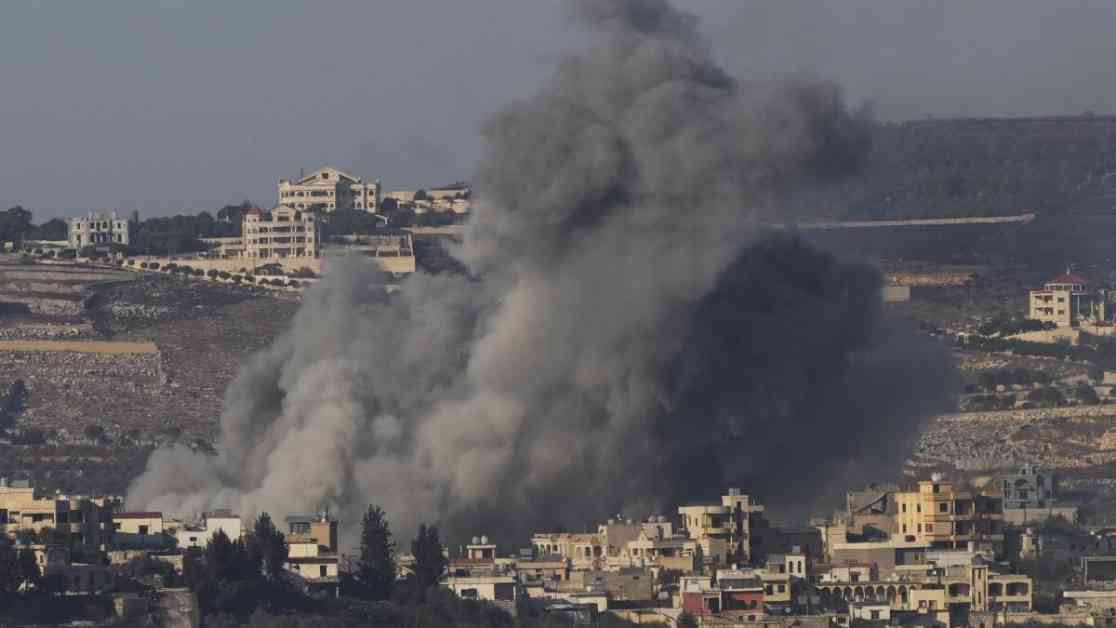Despite the predominantly Christian village of Ain Ebel being mostly out of the crossfire between Israel and Hezbollah for much of the last year, the situation changed when Israel began its ground invasion. Residents were urged to evacuate immediately, leaving the village almost deserted.
The people of Ain Ebel, along with other mixed-religion towns and villages in the region, have been caught in the middle of the conflict, despite their neutrality and lack of involvement with Hezbollah. The Israeli military’s actions have led to widespread displacement and uncertainty among the Lebanese population.
The history of conflict in the region, including the 2006 war between Hezbollah and Israel, has left a lasting impact on the residents. Trauma from past conflicts and the fear of not being able to return home have influenced their decision to stay behind despite the risks.
In nearby Marjayoun, a Christian town close to the Israeli border, residents are also feeling the effects of the escalating violence. The expansion of evacuation orders and the growing sense of isolation are causing anxiety and fear among the population.
Archbishop Elias Kfoury, the Greek Orthodox archbishop for the region, has criticized the Israeli military for targeting civilian areas and disrupting essential services. The residents of Marjayoun, like those in Ain Ebel, are questioning why they are being dragged into a conflict they have no part in.
As the conflict continues to escalate, the people of these Christian villages find themselves in a precarious situation, unsure of what the future holds. The impact of the ongoing violence on civilian populations highlights the devastating consequences of war and the urgent need for a peaceful resolution to the conflict.



























